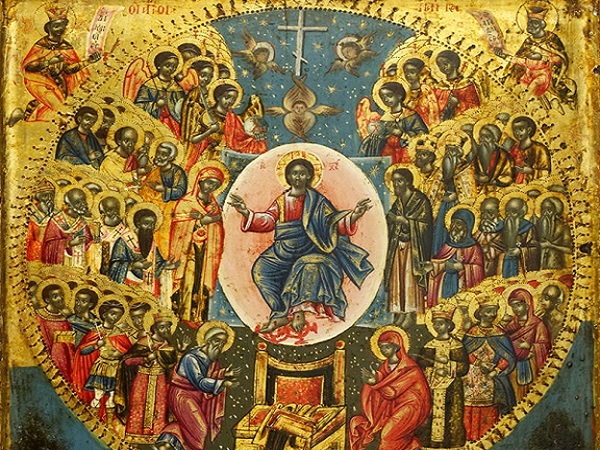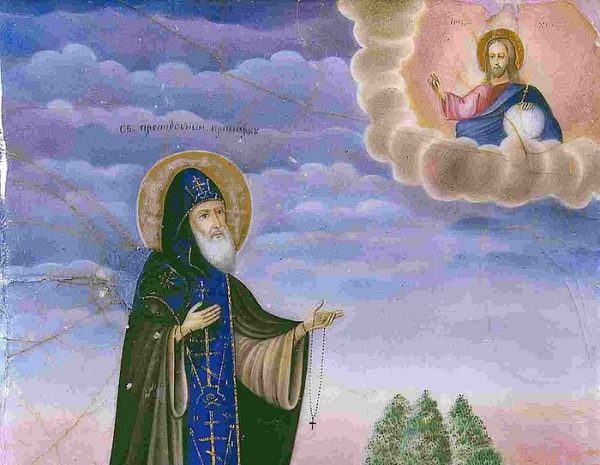The lives of the saints are the ‘Gospel in action’, according to the modern Serbian saint, Justin Popović. Through them, we see their struggles and strivings, their longing and their love, their blessings and grace. We realize that the Word of God is attainable, though applying it seems difficult. However, if one person has managed to do something difficult, this means that others can do so, too.
It’s nevertheless the case that, when we read about the ascesis they performed, we’re tempted to wonder whether it is all true. Because, for us today, with the comforts and the relaxed attitudes which characterize us, we think that such ascesis is excessive, if not impossible. How did they manage it?

I think that, if we’re going to understand the lives of the saints, ancient and modern, we have to accept their love for God, their zeal and their heart-felt longing for the person of Christ. This is what led them to make efforts greater than the ordinary, as an expression of their love. At the same time, because of this love, Divine Grace gave them the strength to achieve the unachievable.
As an individual, each person has his or her own name and identity. Imitation of another person, as regards their way of life, will result in failure, unless the necessary conditions are already in place.
As members of the Church, we rejoice that our brothers and sisters achieved what they did, that they ‘shone like bright stars in the spiritual firmament’. And so their grace spreads ‘throughout the whole world’, it embraces everyone, it heals pain ‘everywhere on earth’. This is why we honour and praise them.
Naturally, in order to receive their grace we have to be receptive. The sun’s rays don’t pass through a thick wall. It’s our own desire to live the Gospel that will activate our multiple, hidden powers so that we’ll perform our own ascesis, bringing the Grace of God and making the impossible possible, for us and through us.
It’s important to find what it is that’s right for us. What we can and what we want to do. The most honest thing is for us to tell ourselves what we don’t want, rather than making excuses about our incapacity. God’s not going to ask us to do anything impossible. If that were the case, there’d be no joy.
The spiritual struggle of the saints, as an expression of love for God, was the basis of their delight. So any ascesis we engage in (prayer, fasting, prostrations, study, observance of Christ’s commandments), can bring great joy, powerful boldness and familiarity with God, so long as we do it with humility. Then we understand the lives of the saints, we see for ourselves that they were real, and, along with them, we rejoice in the common Kingdom of our common Lord.

















